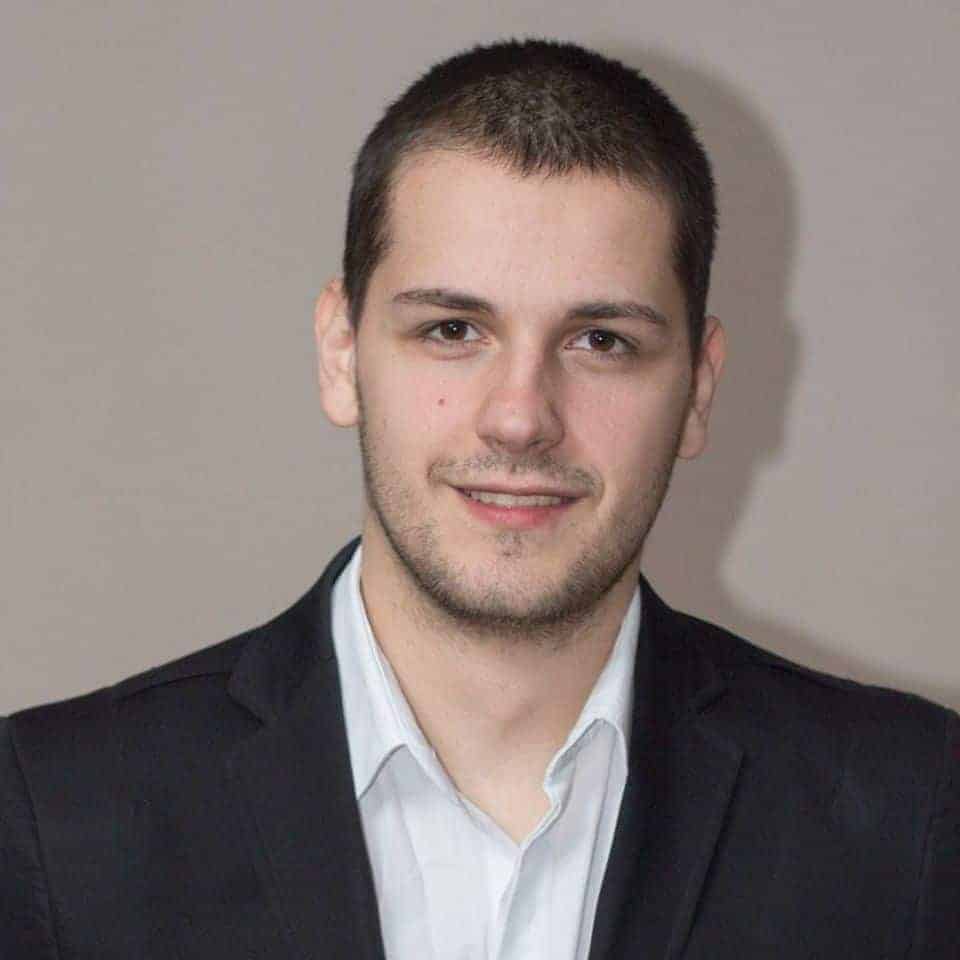
This week, Mystic Mag had the opportunity to interview The Reverend Dr. Daniel Rodriguez Schlorff. We talked about his career, what services he offers, and what he loves most about his profession.
When did you first know that being an Embodiment Coach was your calling, and how did it come about?
I wouldn’t say that coaching alone is my calling, but it is certainly an expression of my calling. God called me to ministry when I was only 6, so I’ve had some time to think about how it would all play out. I’ve been in ordained Protestant ministry since 2000, and that, in all its permutations, I can say with confidence, is truly my calling. Coaching enhances my ability to be a minister.
People who are attracted to my services don’t want a run-of-the-mill coach who had a career as an accountant, for example, then got their coaching certification and now works in coaching. What I offer is rarer than that. I’m offering the coaching, to be sure, but with an eye toward the spiritual, emotional, and physical aspects of “being here now.”
What services do you offer?
In short, I offer one service: embodiment coaching. I bring together the various training I have to journey with my clients through obstacles of mind, body, and spirit. Here’s how I am able to do that: After getting my Master of Divinity and becoming ordained, I took a chaplaincy internship for four years to be eligible to become a board-certified chaplain.
Following that, I went into formation as a spiritual director for two years. For various reasons, I was not completely satisfied with chaplaincy and spiritual direction alone. I needed to add components of mind and body, too. That’s when I became a certified Health Coach, a certified Life Coach, and a certified Personal Trainer—to be able to speak to clients with authority on the various aspects of the embodied spirit. I actually spent some time working at a gym in Madison, CT to figure out how to bring it all together, and I found that was an extremely valuable experience.
Yes, I can be just a chaplain, and I can be just a spiritual director, or a health coach, or a life coach, or a personal trainer. I’m certified in all these individual areas. But the magic happens when I pull it all together on behalf of my clients.
How would you describe Embodied Spirit Coaching? What exactly is it?
Embodied Spirit Coaching is my business name, which came to me gradually. At first, I considered the term “spiritual coaching,” but then that seemed coercive—as if someone could whip another person into shape spiritually. Also, the term was incomplete, as it did not capture the physical aspects of coaching that I wanted to address.
Next, I considered “coaching for mind, body, and spirit,” but it seemed too trite to me, as many lopsided coaching practices claim to address mind, body, and spirit, though many of those coaches have very little preparation to do so. I came to Embodied Spirit Coaching by thinking of my systematic theology class with the Reverend Dr. Thandeka when I studied with her at Meadville/Lombard, which was when I attended part of the University of Chicago Divinity School. She is the founder of Affect Theology, which brings together cognitive neuroscience with theology. I quickly remembered her doctrine of embodied theology, and the rest for me was history.
What can a person expect from your sessions?
In sessions with me, a person can expect to feel supported, even when they didn’t knock their weekly goal out of the park. They can expect me to hold their vision for them, even when it’s hard for them to do so. They can expect to be affirmed in their identity—racial, ethnic, gender, sexual orientation, status as a veteran, or ability level.
They can expect me to ask them about places they typically hide, repress, or deny—like that pile of clutter, a history of yo-yo dieting, or their untamed monkey mind. It all matters in my sessions. And that’s why people come to me, because I don’t ask them to fragment their lives to talk to me. For instance, say there’s an attractive middle-aged executive who has a rockin’ body and sees a therapist… but perhaps she feels badly that she doesn’t have any more friends left, and she is $150K in debt. Something is out of balance.
If I only talked to her about how well she’s doing at work and perhaps also about her exercise routine, then I’ve not cared for her in the way her soul longed to be cared for. That high view is what my clients can expect.
What is the most important detail in maintaining a relationship of mutual trust with clients?
Sincere gratitude and appreciation are the most important detail in maintaining a relationship of mutual trust with my clients. Not simply, “I’m so thankful I have you as one of my many clients,” but more like, “You consistently show up for yourself, and your journey has been tough. I’m in awe of what you’ve done here today.”
What do you love most about your profession?
Coaching is still a wild west. It’s largely unregulated, which is both a blessing and a curse. The curse side has to do with the number of hacks out there masquerading as coaches. The blessing side is that we get to do creative things and carve out new areas for coaching. I want to inspire other coaches to get other certifications to round out their experience so that they can be Embodiment Coaches, too.



